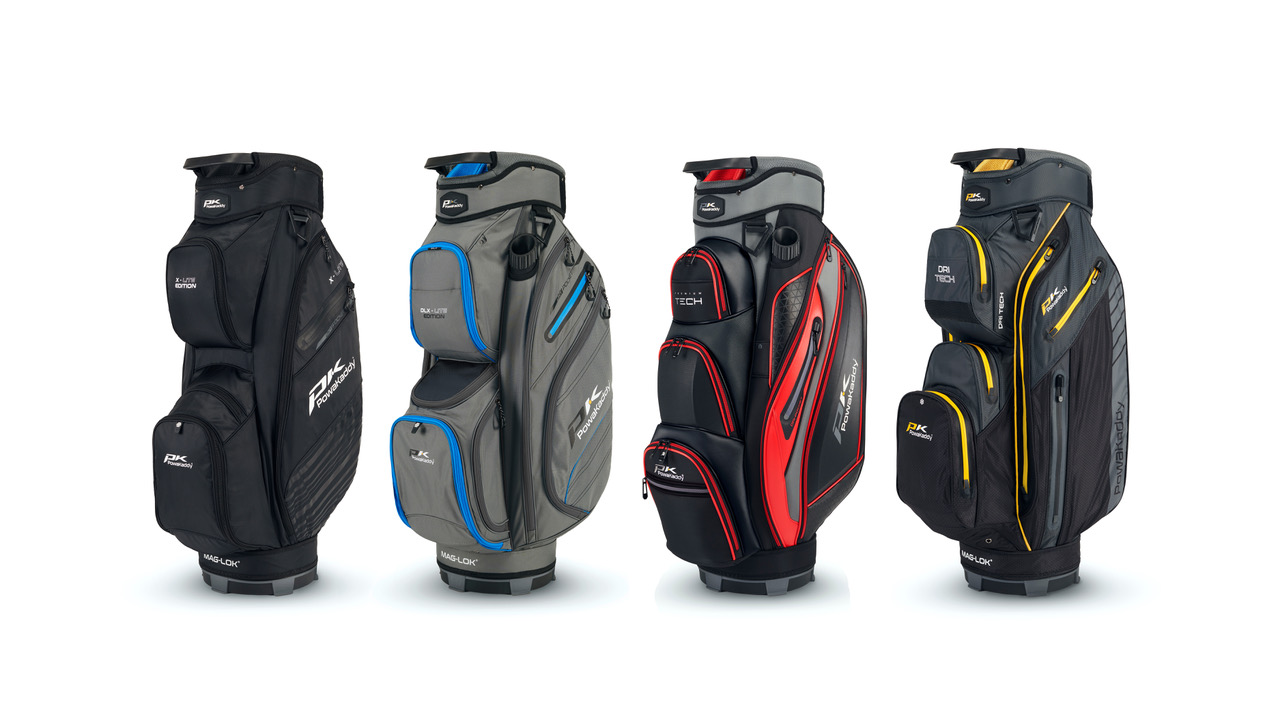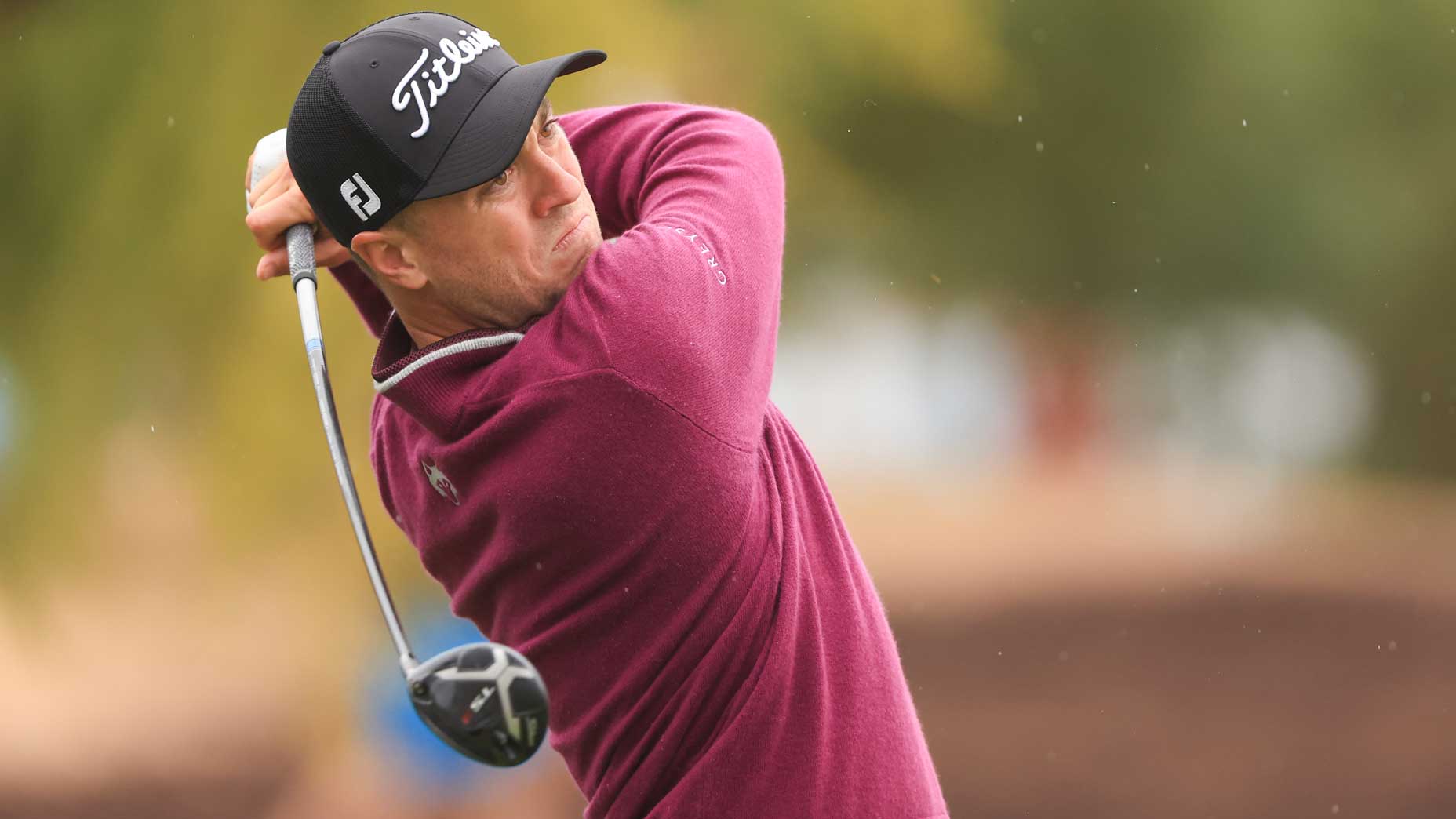You will never break 80 if you can’t consistently drive into the fairway and 2 putt most greens. Even more important is your skill to hit greens in regulation (GIR). Longer drives or playing from forward tees will shorten your approach shots and improve your chances to hit more GIR’s as well as landing closer to the hole. That’s why it is so important to control your DIRECTION and DISTANCE to hit more GIR’s.
It’s not easy to control golf shots because you are swinging in an arc to impact your ball at different positions in your swing arc and at different speeds with different weights and lengths for each of your clubs. Yes, this is a crazy game, but you can improve your direction and distance control by paying attention to each of the following tips.
Take a Practice Swing: After you select your club to reach your target and choose your target line be sure to take a practice swing to learn the feel for the weight and length of the club that you have chosen. Each club need your personal attention and you want to make sure that the soul of your chosen club is lying flat on the surface of the ground during your setup and practice swing.
Consistent Swing Speed: Because your knees, your hips and your shoulders all move in a different sequence during our backswing and your downswing, you need to learn the cadence that allows your arms to catch up with your hips during your downswing. Commit to swinging at 80{2400cef9d813bb70768b4f65716351665597fe5521c6c1830cb8bfbc9bb8f376} of your swing speed for every swing. A faster swing will leave your club face open and an inconsistent slower swing will definitely lose distance and direction control.
Always Take More Club: Know the distance that each of your clubs will reach. Higher handicap golfers overestimate the distance for each club as they tend to remember the wonderful result for only about 10{2400cef9d813bb70768b4f65716351665597fe5521c6c1830cb8bfbc9bb8f376} of their perfect shots. If you feel that you can’t reach your target, use a club with less loft, DO NOT JUST SWING FASTER as you will lose control of the direction of your shot. Adjust your distance by gripping down on a higher lofted club to take distance off your hit.
Adjust for Slope: The term “Slope” is used to rate the difficulty of courses because a significant factor is the wild undulation of the fairway surface. When you take your stance to hit a ball, if its above your feet, the arc of your swing will direct your shot to the left (for right hand golfers). Compensate for that direction by aiming to the right.
If your ball is below your feet, it is even more difficult to correct for the slice that you will most likely hit. Chocking down on your grip, opening your stance and swinging with a more vertical shaft are the best options to allow the base of your club to rest flat on the ground. You need to avoid hitting the ground with the hosel (shaft end of the club face) and which will twist the shaft before impact with your ball.
Don’t Setup to Hit the Pin: Even lower handicap golfers will aim their shots at the green near the front or the center to avoid rolling off the green or landing in a trap. Use the slope of the green leading down to the pin to make every green a single or two putt green.
Practice with GOLFSTR+ to improve every swing in your game: www.GOLFSTR.com




